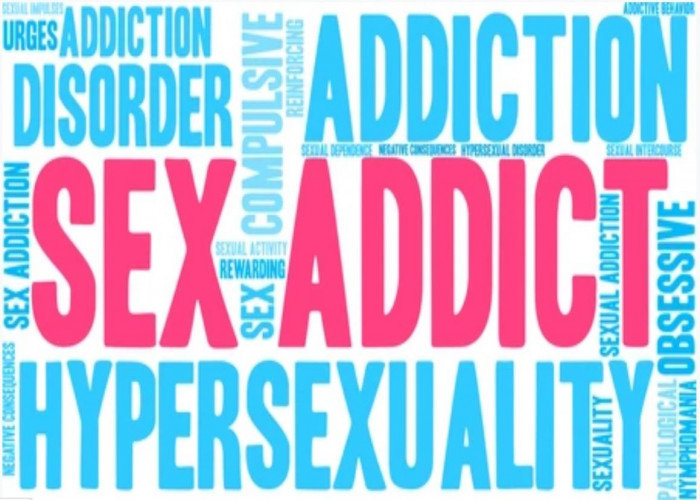 Welcome
Welcome
“May all be happy, may all be healed, may all be at peace and may no one ever suffer."
Compulsive sexual behavior

Compulsive sexual behavior, also known as hypersexuality or sexual addiction, is a pattern of sexual behavior that is excessive, and compulsive and causes significant distress or impairment in one's daily life. People with this condition often engage in sexual activities frequently and impulsively, and may experience intense cravings or urges to engage in sexual behavior. Compulsive sexual behavior can take many forms, such as excessive masturbation, use of pornography, and risky sexual behaviors. The causes of compulsive sexual behavior are not fully understood but may include psychological, biological, and social factors. Treatment for compulsive sexual behavior may involve therapy, medication, or a combination of both. Cognitive-behavioral therapy (CBT) is a commonly used form of psychotherapy that can help individuals identify and change their compulsive sexual thoughts and behaviors. Medications such as antidepressants or mood stabilizers may also be used to treat underlying mental health conditions that may contribute to compulsive sexual behavior.
Research Papers
Disease Signs and Symptoms
- Tried unsuccessfully to reduce or control sexual fantasies, urges or behavior.
- Use compulsive sexual behavior as an escape from other problems, such as loneliness, depression, anxiety or stress.
- Trouble establishing and maintaining healthy and stable relationships.
- Strong sexual arousal
Disease Causes
Compulsive sexual behavior
Although the causes of compulsive sexual behavior are unclear, they may include:
- An imbalance of natural brain chemicals. Certain chemicals in your brain (neurotransmitters) such as serotonin, dopamine and norepinephrine help regulate your mood. High levels may be related to compulsive sexual behavior.
- Changes in brain pathways. Compulsive sexual behavior may be an addiction that, over time, might cause changes in the brain's neural circuits, especially in the reinforcement centers of the brain. Like other addictions, more-intensive sexual content and stimulation are typically required over time in order to gain satisfaction or relief.
- Conditions that affect the brain. Certain diseases or health problems, such as epilepsy and dementia, may cause damage to parts of the brain that affect sexual behavior. In addition, treatment of Parkinson's disease with some dopamine agonist medications may cause compulsive sexual behavior.
Disease Prevents
Compulsive sexual behavior
Because the cause of compulsive sexual behavior isn't known, it's not clear how it might be prevented, but a few things may help keep this type of behavior in check:
- Get help early for problems with sexual behavior. Identifying and treating early symptoms may help prevent compulsive sexual behavior from getting worse over time or escalating into a downward spiral of shame, relationship problems and harmful acts.
- Seek treatment early for mental health disorders. Compulsive sexual behavior may be worsened by depression or anxiety.
- Identify and seek help for alcohol and drug abuse problems. Substance abuse can cause a loss of control and unhappiness that can lead to poor judgment and may push you toward unhealthy sexual behaviors.
- Avoid risky situations. Don't jeopardize your health or that of others by putting yourself into situations where you'll be tempted to engage in risky sexual practices.
Disease Treatments
Treatment for compulsive sexual behavior typically involves psychotherapy, medications and self-help groups. A primary goal of treatment is to help you manage urges and reduce excessive behaviors while maintaining healthy sexual activities.
If you have compulsive sexual behavior, you may also need treatment for another mental health condition. People with compulsive sexual behavior often have alcohol or drug abuse problems or other mental health problems, such as anxiety or depression, which need treatment.
People with other addictions or severe mental health problems or who pose a danger to others may benefit from inpatient treatment initially. Whether inpatient or outpatient, treatment may be intense at first. And you may find periodic, ongoing treatment through the years helpful to prevent relapses.
Psychotherapy
Psychotherapy, also called talk therapy, can help you learn how to manage your compulsive sexual behavior. Types of psychotherapy include:
- Cognitive behavioral therapy (CBT), which helps you identify unhealthy, negative beliefs and behaviors and replace them with more adaptive ways of coping. You learn strategies to make these behaviors less private and interfere with being able to access sexual content so easily.
- Acceptance and commitment therapy, which is a form of CBT that emphasizes acceptance of thoughts and urges and a commitment to strategies to choose actions that are more consistent with important values.
- Psychodynamic psychotherapy, which is therapy that focuses on increasing your awareness of unconscious thoughts and behaviors, developing new insights into your motivations, and resolving conflicts.
These therapies can be provided in an individual, group, family or couples format.
Medications
In addition to psychotherapy, certain medications may help because they act on brain chemicals linked to obsessive thoughts and behaviors, reduce the chemical "rewards" these behaviors provide when you act on them, or reduce sexual urges. Which medication or medications are best for you depend on your situation and other mental health conditions you may have.
Medications used to treat compulsive sexual behavior are often prescribed primarily for other conditions. Examples include:
- Antidepressants. Certain types of antidepressants used to treat depression, anxiety or obsessive-compulsive disorder may help with compulsive sexual behavior.
- Naltrexone. Naltrexone (Vivitrol) is generally used to treat alcohol and opiate dependence and blocks the part of your brain that feels pleasure with certain addictive behaviors. It may help with behavioral addictions such as compulsive sexual behavior or gambling disorder.
- Mood stabilizers. These medications are generally used to treat bipolar disorder, but may reduce compulsive sexual urges.
- Anti-androgens. These medications reduce the biological effects of sex hormones (androgens) in men. Because they reduce sexual urges, anti-androgens are often used in men whose compulsive sexual behavior is dangerous to others.
Self-help groups
Self-help and support groups can be helpful for people with compulsive sexual behavior and for dealing with some of the issues it can cause. Many groups are modeled after the 12-step program of Alcoholics Anonymous (AA).
These groups can help you:
- Learn about your disorder
- Find support and understanding of your condition
- Identify additional treatment options, coping behaviors and resources
- Help with relapse prevention
These groups may be internet-based or have local in-person meetings, or both. If you're interested in a self-help group, look for one that has a good reputation and that makes you feel comfortable. Such groups don't suit everyone's taste. Ask your mental health professional for suggested groups or about alternatives to support groups.
Disease Diagnoses
Disease Allopathic Generics
Disease Ayurvedic Generics
Disease Homeopathic Generics
Disease yoga
Compulsive sexual behavior and Learn More about Diseases
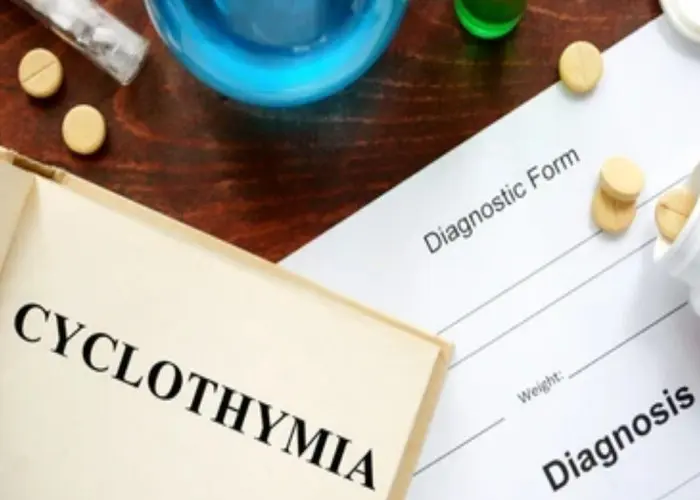
Cyclothymia (Cyclothymic Disorder)
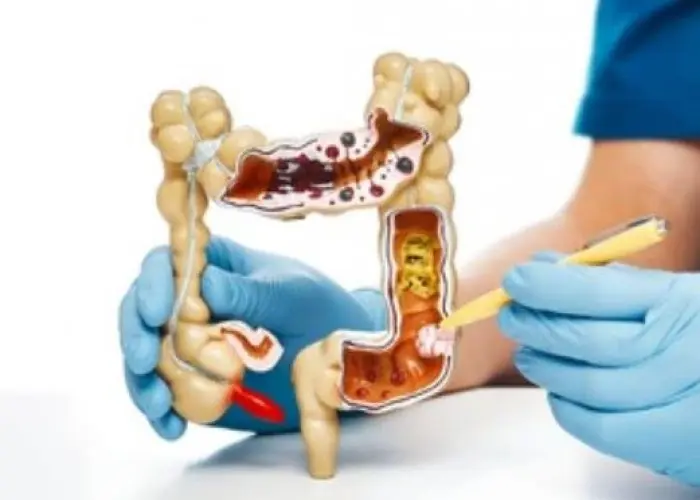
Colon cancer
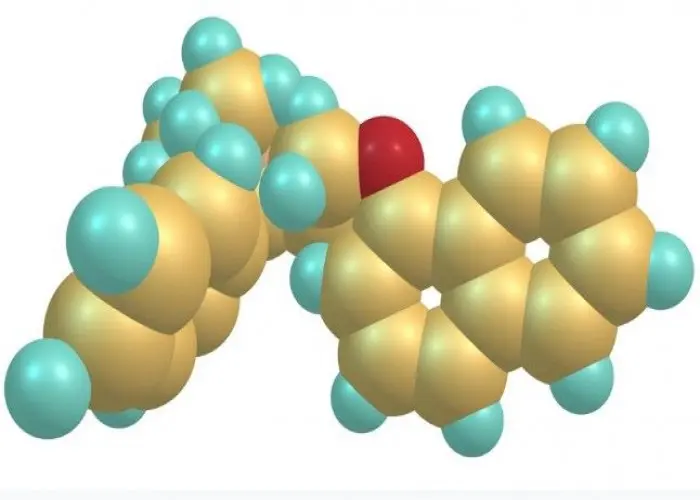
Delayed ejaculation
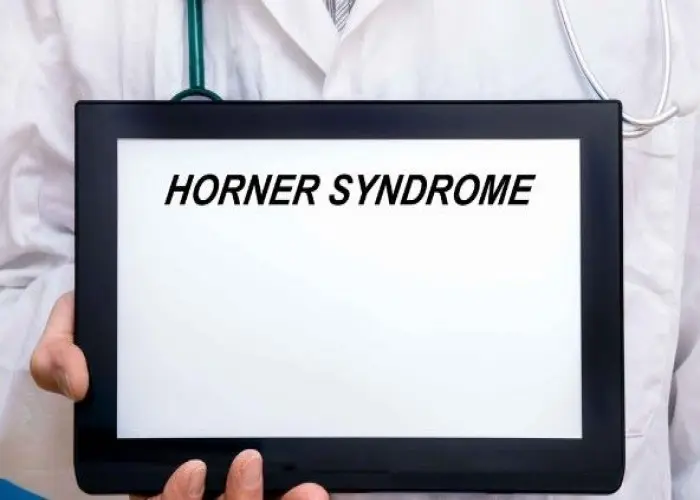
Horner syndrome

Plague

Craniosynostosis
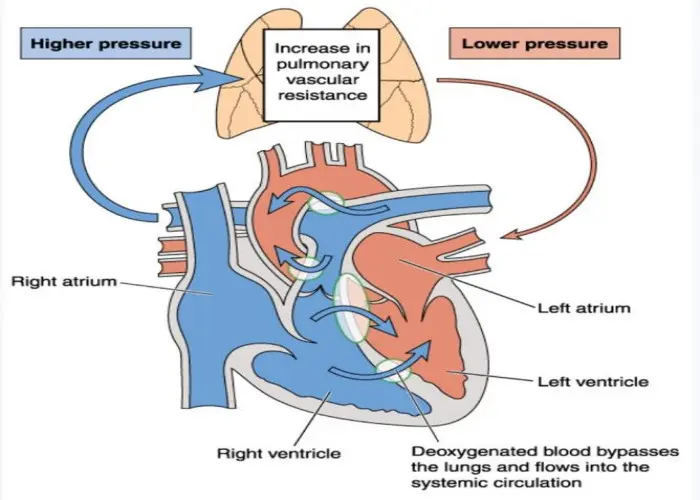
Eisenmenger syndrome
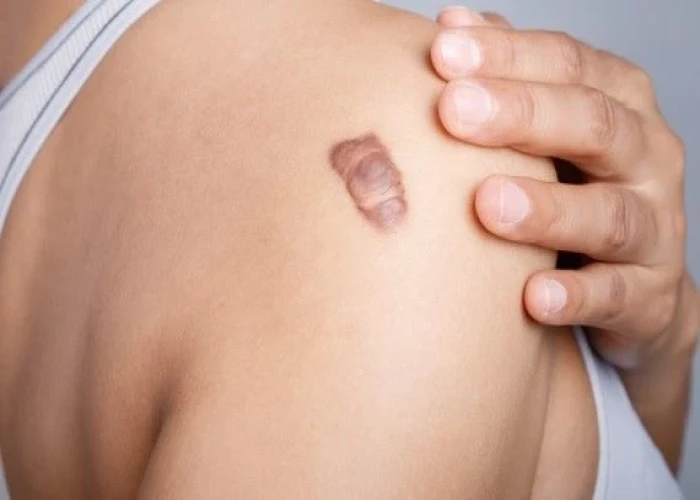
Keloid scar
Compulsive sexual behavior, Obsessive compulsive sexuality disorder , বাধ্যতামূলক যৌন আচরণ
To be happy, beautiful, healthy, wealthy, hale and long-lived stay with DM3S.
